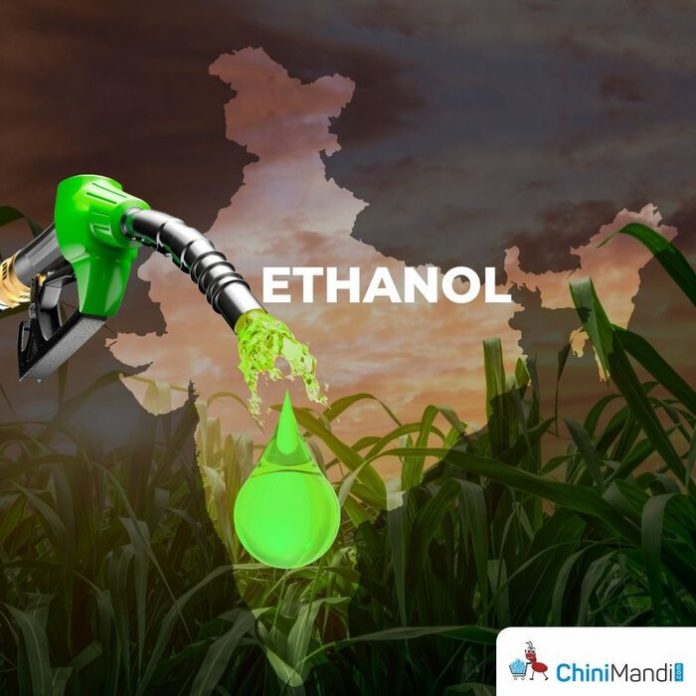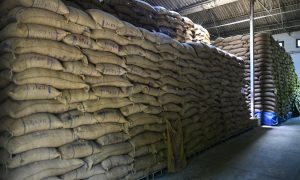FICCI views 20% ethanol blending achievement as defining step towards atmanirbhar, low-carbon economy

FICCI congratulated the Indian government for achieving 20% ethanol blending with petrol five years ahead of target. Director General Jyoti Vij called it a major step toward energy security and a low-carbon economy. The initiative cut CO₂ emissions, saved ₹1.36 lakh crore in forex, and boosted rural incomes.
The Federation of Indian Chambers of Commerce and Industry (FICCI) has congratulated the Indian government on achieving 20% ethanol blending with petrol, a milestone reached five years ahead of the original 2030 target.
FICCI’s Director General, Jyoti Vij while applauding the development said, “The achievement of 20% ethanol blending in petrol five years ahead of the 2030 target stands as a landmark success in our journey toward energy security and sustainability. The initiative reflects the government’s long-term vision for industrial growth and decarbonization. The rise in ethanol blending from 1.5% in 2014 to 20% in 2025 is a testament to India’s strategic foresight on transition. We congratulate the Government of India on this remarkable achievement. As a representative of Indian industry, FICCI views this as a defining step towards an Atmanirbhar, low-carbon economy. We remain committed to facilitating policy dialogue, innovation, and partnerships that help for a cleaner, more resilient future.”
India’s ethanol economy is deeply rooted in its agricultural strength, and the sugar and grain based sector has played a central role in supplying clean biofuel to the nation.
From a modest beginning of just 1.5 per cent blending in 2014, India has now witnessed nearly a thirteenfold increase in ethanol integration over the span of 11 years.
Ethanol production has surged dramatically, growing from 38 crore litres in 2014 to 661.1 crore litres by June 2025.
This remarkable growth has helped reduce the country’s dependence on imported crude oil, leading to a significant saving of Rs 1.36 lakh crore in foreign exchange. At the same time, Rs 1.96 lakh crore has been paid to distilleries, fueling the expansion of the biofuel industry, while Rs 1.18 lakh crore has gone directly to farmers, thereby boosting rural income and strengthening the agricultural economy.
The environmental impact of this shift has also been profound, with 698 lakh tonnes of CO2 emissions being cut due to cleaner fuel adoption.
To Read more about Ethanol Industry & Bio Energy News, continue reading Agriinsite.com















